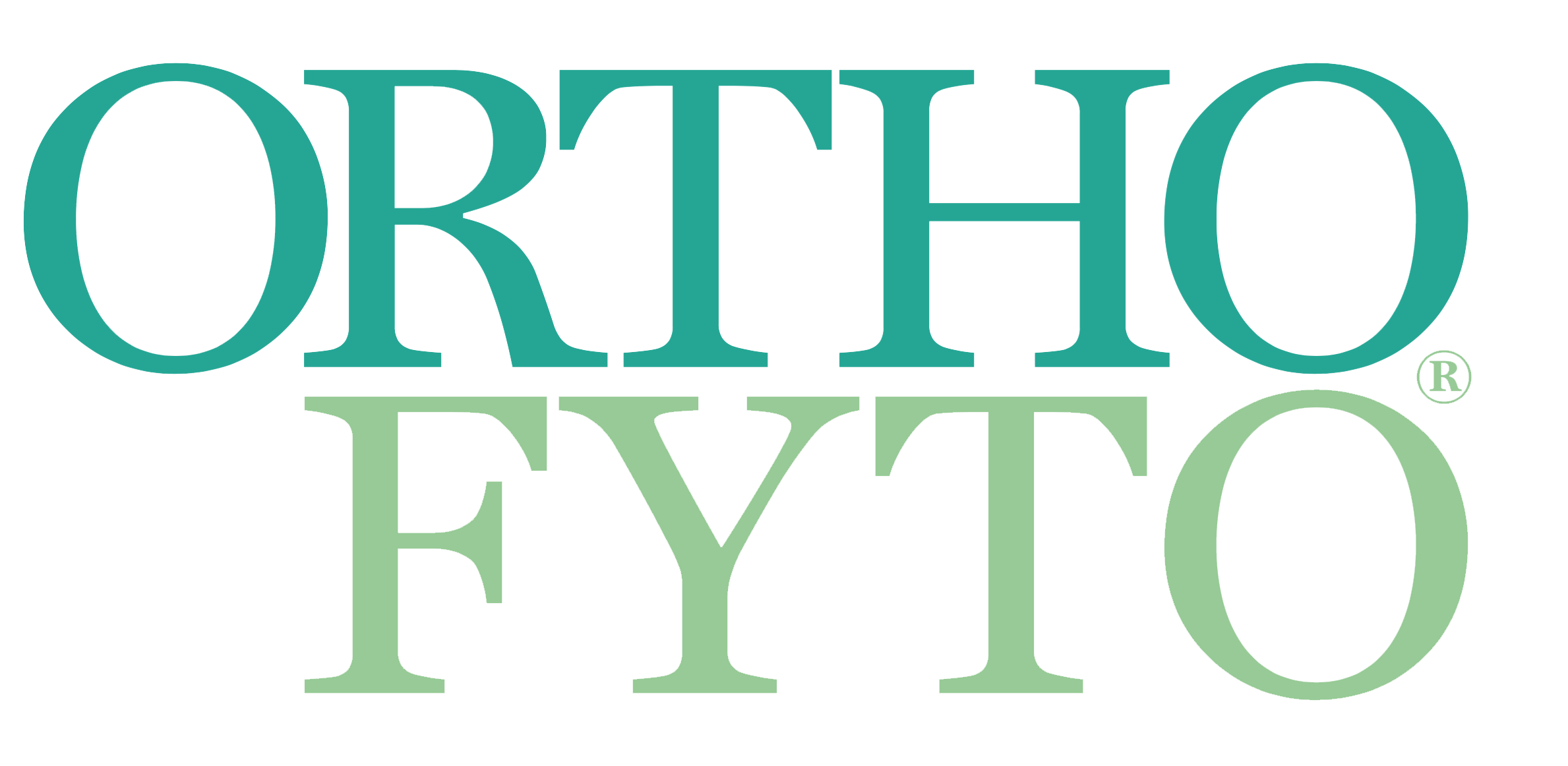De maag in balans
28 Mar, 2022
De maag is veelzijdiger dan je op het eerste gezicht zou denken. Naast vertering is er ook een rol als portier tegen micro-organismen en indirect voor de opname van vitamine B12 en magnesium. Verstoring van de maagfunctie kan hierdoor resulteren in veel meer klachten dan enkel maagkramp en oprispingen. Vermoeidheid, vaker ziek zijn, spierkrampen en een verhoogd risico op hart- en vaataandoeningen horen hier helaas ook bij.
Aansturing van de maag vindt plaats via het enterisch zenuwstelsel. Dit extensieve systeem kan zelfstandig werken als een soort tweede brein, maar staat ook in verbinding met de hersenen via de nervus vagus. Zowel sympathische (remmende) als parasympatische (activerende) tonen worden hiermee doorgegeven. Deze zenuw met zijn uitlopers reguleert de verzadiging, onder andere via de hormonen ghreline (honger) en leptine (verzadiging). Oprekking van de maag is een belangrijk signaal voor verzadiging en daling van ghreline in het bloed. Hiernaast is de maag ook in staat om te ‘voelen’ welke macronutriënten er ingenomen worden, om bijvoorbeeld meer maagzuur te produceren bij een hoge eiwitinname.
Wilt u het hele artikel ontvangen? Bestel het dan hier voor € 3,50.
Bronnen:
1. English PJ, Ghatei MA, Malik IA, Bloom SR, Wilding JPH. Food Fails to Suppress Ghrelin Levels in Obese Humans. The Journal of Clinical Endocrinology & Metabolism. 2002;87(6):2984-.
2. Nakazato M, Murakami N, Date Y, Kojima M, Matsuo H, Kangawa K, et al. A role for ghrelin in the central regulation of feeding. Nature. 2001;409(6817):194-8.
3. Klok MD, Jakobsdottir S, Drent ML. The role of leptin and ghrelin in the regulation of food intake and body weight in humans: a review. Obesity Reviews. 2007;8(1):21-34.
4. Salem V, Bloom SR. Approaches to the pharmacological treatment of obesity. Expert review of clinical pharmacology. 2010;3(1):73-88.
5. Hunt RH, Camilleri M, Crowe SE, El-Omar EM, Fox JG, Kuipers EJ, et al. The stomach in health and disease. Gut. 2015;64(10):1650-68.
6. Shaheen N, Ransohoff DF. Gastroesophageal reflux, Barrett esophagus, and esophageal cancer: scientific review. Jama. 2002;287(15):1972-81.
7. Wallace JL. Prostaglandins, NSAIDs, and Gastric Mucosal Protection: Why Doesn't the Stomach Digest Itself? Physiological Reviews. 2008;88(4):1547-65.
8. Nasser SC, Slim M, Nassif JG, Nasser SM. Influence of proton pump inhibitors on gastritis diagnosis and pathologic gastric changes. World Journal of Gastroenterology : WJG. 2015;21(15):4599-606.
9. Bavishi C, Dupont HL. Systematic review: the use of proton pump inhibitors and increased susceptibility to enteric infection. Alimentary pharmacology & therapeutics. 2011;34(11‐12):1269-81.
10. Kaptan K, Beyan C, Ural A, et al. HElicobacter pylori – is it a novel causative agent in vitamin b12 deficiency? Archives of Internal Medicine. 2000;160(9):1349-53.
11. Niafar M, Hai F, Porhomayon J, Nader ND. The role of metformin on vitamin B12 deficiency: a meta-analysis review. Internal and Emergency Medicine. 2014;10(1):93-102.
12. Heidelbaugh JJ. Proton pump inhibitors and risk of vitamin and mineral deficiency: evidence and clinical implications. Therapeutic Advances in Drug Safety. 2013;4(3):125-33.
13. Richter JE. Review article: the management of heartburn in pregnancy. Alimentary pharmacology & therapeutics. 2005;22(9):749-57.
14. Borrelli F, Izzo AA. The plant kingdom as a source of anti-ulcer remedies. Phytotherapy Research. 2000;14(8):581-91.
15. Bhowmik D, Chiranjib TKK, Pankaj KSKP. Recent trends of treatment and medication peptic ulcerative disorder. Int J Pharm Tech Research. 2010;2(1):970-80.
16. Scholey A, Gibbs A, Neale C, Perry N, Ossoukhova A, Bilog V, et al. Anti-stress effects of lemon balm-containing foods. Nutrients. 2014;6(11):4805-21.
17. Thompson Coon J, Ernst E. Herbal medicinal products for non‐ulcer dyspepsia. Alimentary pharmacology & therapeutics. 2002;16(10):1689-99.
